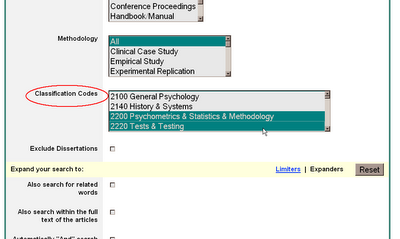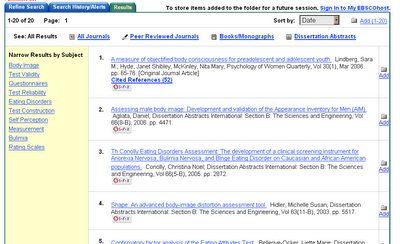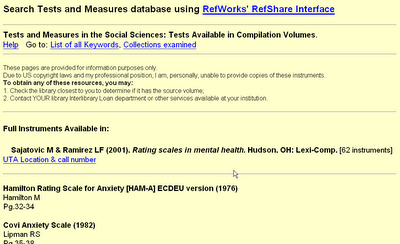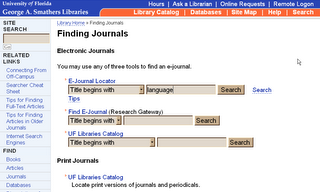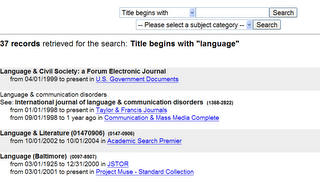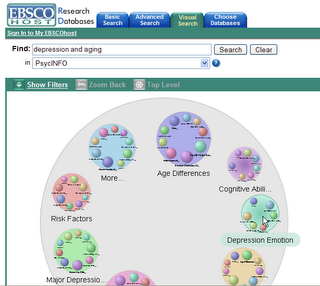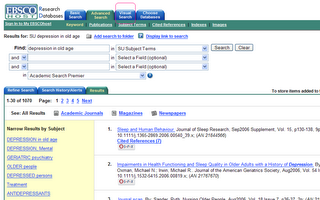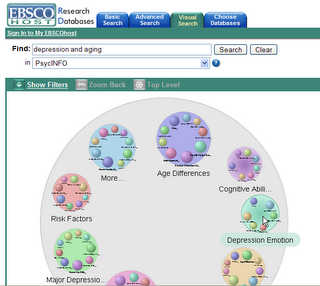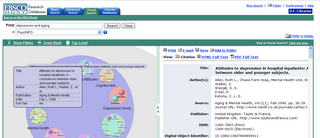Methodology Handbooks
New Handbooks in Methodology from Sage Publications
As I've mentioned before, the library is trying to develop a strong methodology collection and get it used! Peter Malanchuk, our Librarian for Political Science, and Colleen Seale and Michael Dietz, both from the Reference Department, are collaborating with me to determine what reference materials and circulating books would enlighten students and faculty most during those dark moments of HUH?? or just the grayish ones.Sage Publications has a well-earned reputation for producing some of the very best methodology handbooks. They are where I turn when I want to develop our collection. We also chose these texts because the articles include case studies from all over the social sciences: from political science to communication, psychology to television. Check out the Table of Contents. Pretty impressive.
Recently, Peter and I requested feedback on sets that reprinted "benchmark" articles about issues on particular methodologies. We already have a few of the sets:
They are all going into reference, so you'll be able to get at them when you need them. Faculty members can assign readings from them. They have wonderful reference lists after each article which should lead you to other readings.
From consulting the suggestions from faculty and the requests we get from students, we've decided to buy the following sets:
Several faculty members asked for the Measurement texts and students are often confused about how and why they should use certain tests and inventories. Research Design was also requested and is broad, addressing very general issues confronted by most researchers.
Thank you for you assistance and let me know what other books we can gather together for you!









